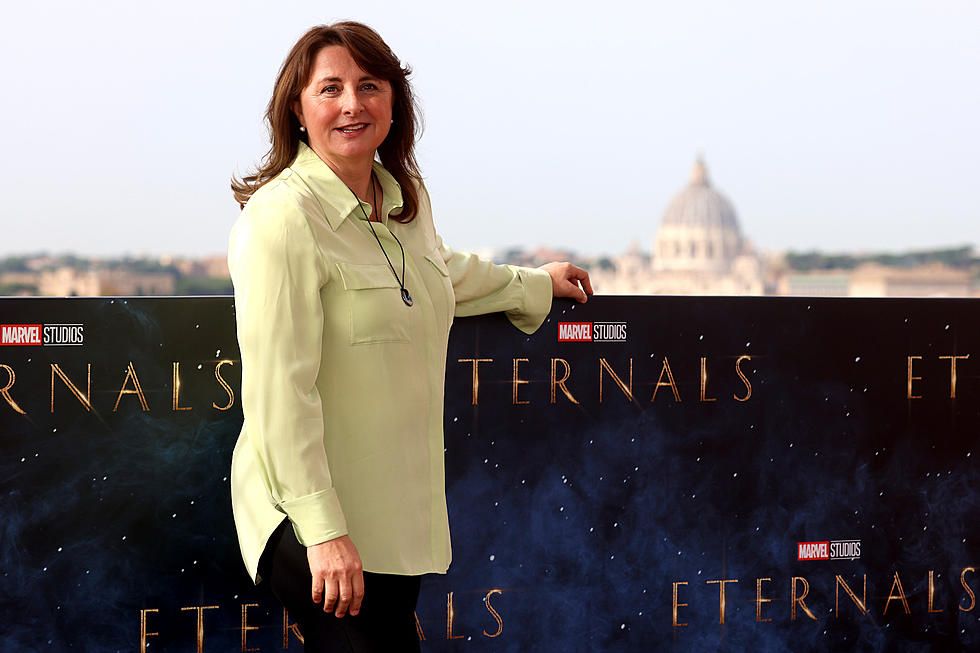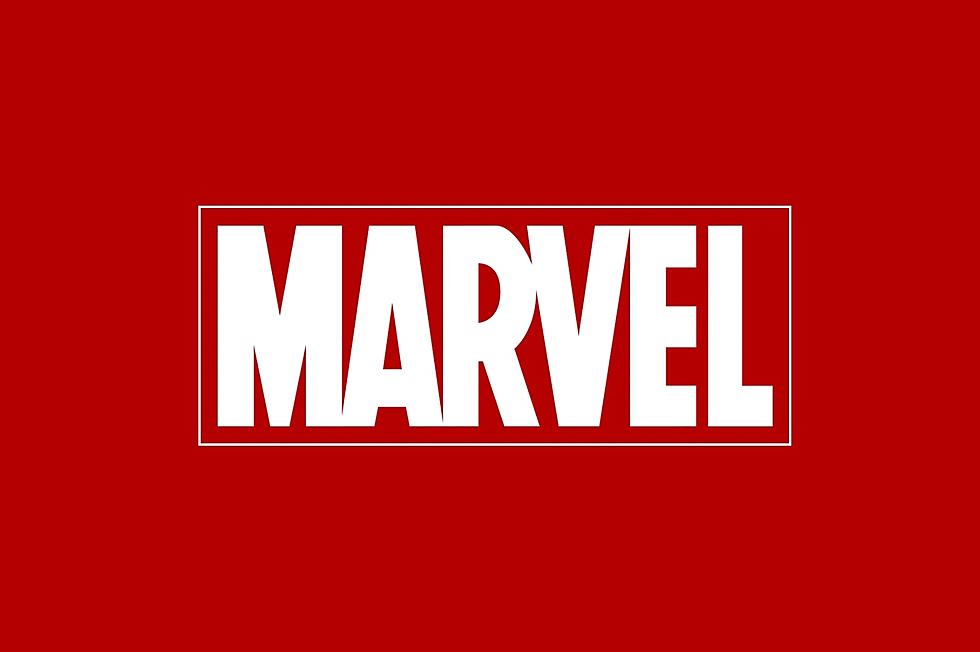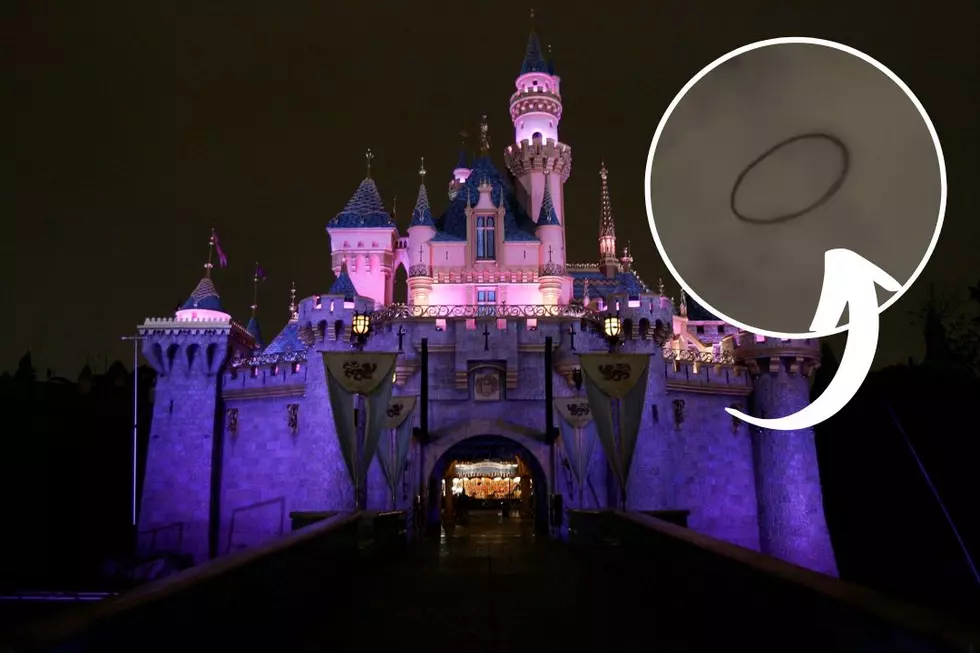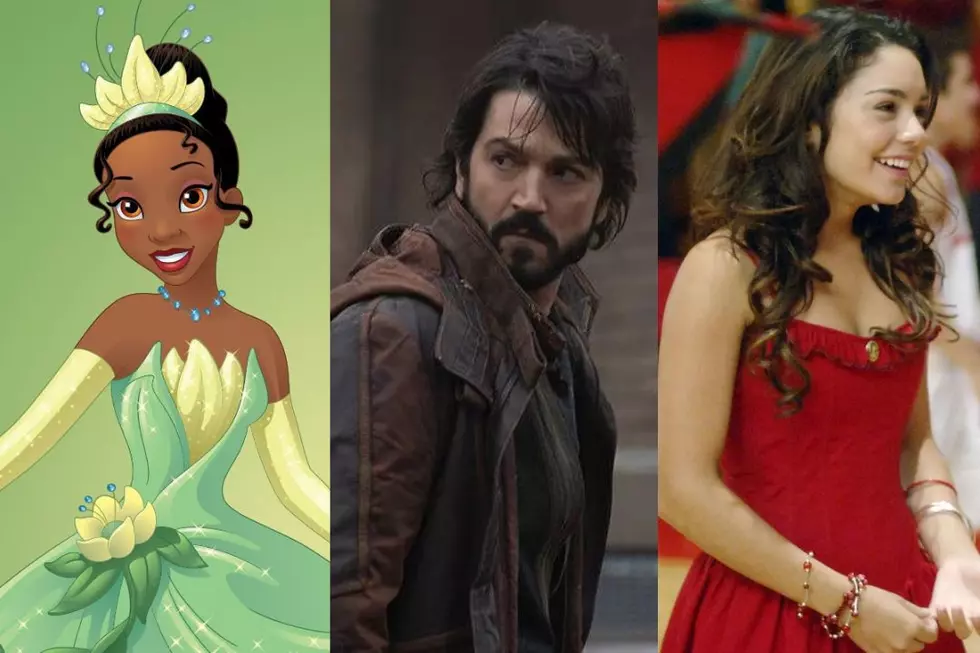
Disney Buys Fox for $52.4 Billion: Here’s What It Means for Consumers
On Thursday (December 14), Disney announced it plans to purchase a majority of 21st Century Fox assets for a cool $52.4 billion. (Don't worry: it's just a drop in the bucket for Mickey Mouse.)
The acquisition, which includes the purchase of a portion of Fox's debts, means that the House of Mouse will now own Fox's TV divisions and cable channels; film studio; a number of foreign businesses; and Fox's 30 percent stake in Hulu, officially making Disney the majority owner of the streaming service.
With Disney also getting its white gloves on 20th Century Fox, the company will automatically absorb Fox's back catalog of films and television shows, including series like The X-Files, Empire and The Simpsons, which, coincidentally, prophesied the acquisition nearly 20 years ago in a 1998 episode called "When You Dish Upon a Star."
Fox News and Fox Sports are not included in the deal.
Additionally, Disney will now own Avatar—James Cameron's sci-fi film franchise which Disney had already previously licensed for its Pandora – The World of Avatar attractions in Orlando's Animal Kingdom theme park.
While Disney's Fox purchase announcement rocks the foundations of the entertainment industry today, consumers are wondering how the acquisition will impact their everyday movie-going and TV viewing experience.
Below, we break down some of the critical implications and questions posed by the deal. (One thing's for sure, though: expect more branded theme park rides and merchandise!)
What does this mean for Hulu?
Now that Disney owns a majority stake in the 32 million-member strong Hulu, which was previously owned by ABC, Fox and NBC in equal shares, it's less likely that NBC/Comcast will continue to see value in selling shows like 30 Rock and Parenthood to the streaming service, which could possibly impact the platform's roster of titles available to view.
In August, Disney CEO Bob Iger announced plans to pull all of Disney's titles off streaming (including Netflix) as the company gears up to launch its own streaming platform in 2019, which will feature Disney and Pixar films as well as original programming. (Disney's Lucasfilm and Marvel franchises will still appear on Netflix until the two companies' multiyear partnership is up. So, Star Wars fans, you're safe—for now.)
However, it's possible that Disney could either convert or absorb Hulu into its planned streaming service; eventually shut down the service in an effort to minimize streaming competition; or even make a transition to more adult-focused and original, non-syndicated content, like 2017's Emmy-winning The Handmaid's Tale.
The latter is more likely: On Thursday morning, Iger indicated that the initial plan for Hulu is to make the platform a more "adult-oriented product."
Will Marvel get the X-Men and Deadpool back?
Disney's purchase of Fox means that Marvel, which Disney bought for $4 billion in 2008, will regain titles like X-Men and Deadpool. Characters like Hugh Jackman's gruff Wolverine and Ryan Reynolds' foul-mouthed Deadpool can now, theoretically, become part of Marvel's cinematic Avengers universe. (In the comics, Deadpool/Wade Wilson was officially welcomed to the Avengers lineup as part of Marvel's "All-New, All-Different" initiative in 2015.)
However, with films like Logan, Deadpool and the poorly-received Fantastic Four all taking a much darker, in some cases R-rated tone, it remains to be seen how Disney's lighter, more family-friendly Marvel will incorporate or alter Fox's already established narratives (or Wade Wilson's potty mouth).
It's also unclear what will happen to X-Men's prequel series, which includes X-Men: First Class, X-Men: Days of Future Past and X-Men: Apocalypse. X-Men: Dark Phoenix, a fourth film set to release November 2, 2018, is meant to be the first film in a new trilogy, but how Disney plans to continue the series thereafter remains to be seen.
Does the deal mean less gritty stories and R-rated releases?
20th Century Fox has found success churning out a string of gritty, R-rated releases, from sci-fi horrors to sexually-charged thrillers. (Yes, Alien: Covenant; Kingsman: The Secret Service and Gone Girl are now all owned by the same company that made Bambi and The Lion King.) Disney, which operates off a strictly-branded family-friendly business model, has thus far steered clear of the MPAA's R-rating, and Iger previously told investors that subsidiaries like Lucasfilm and Marvel would never release an R-rated title. (Even the more adult-oriented, action-packed Pirates of the Caribbean series has been rated PG-13 across the board.)
Despite this, during a call with investors and Disney executives, Iger announced that the success of raunchy films like Deadpool may finally provide Disney an "opportunity" to launch an R-rated branch within Marvel Studios.
"[Deadpool] clearly has been and will be Marvel branded," he said. "But we think there might be an opportunity for a Marvel-R brand...As long as we let the audiences know what's coming, we think we can manage that fine."
More From News Talk KIT










